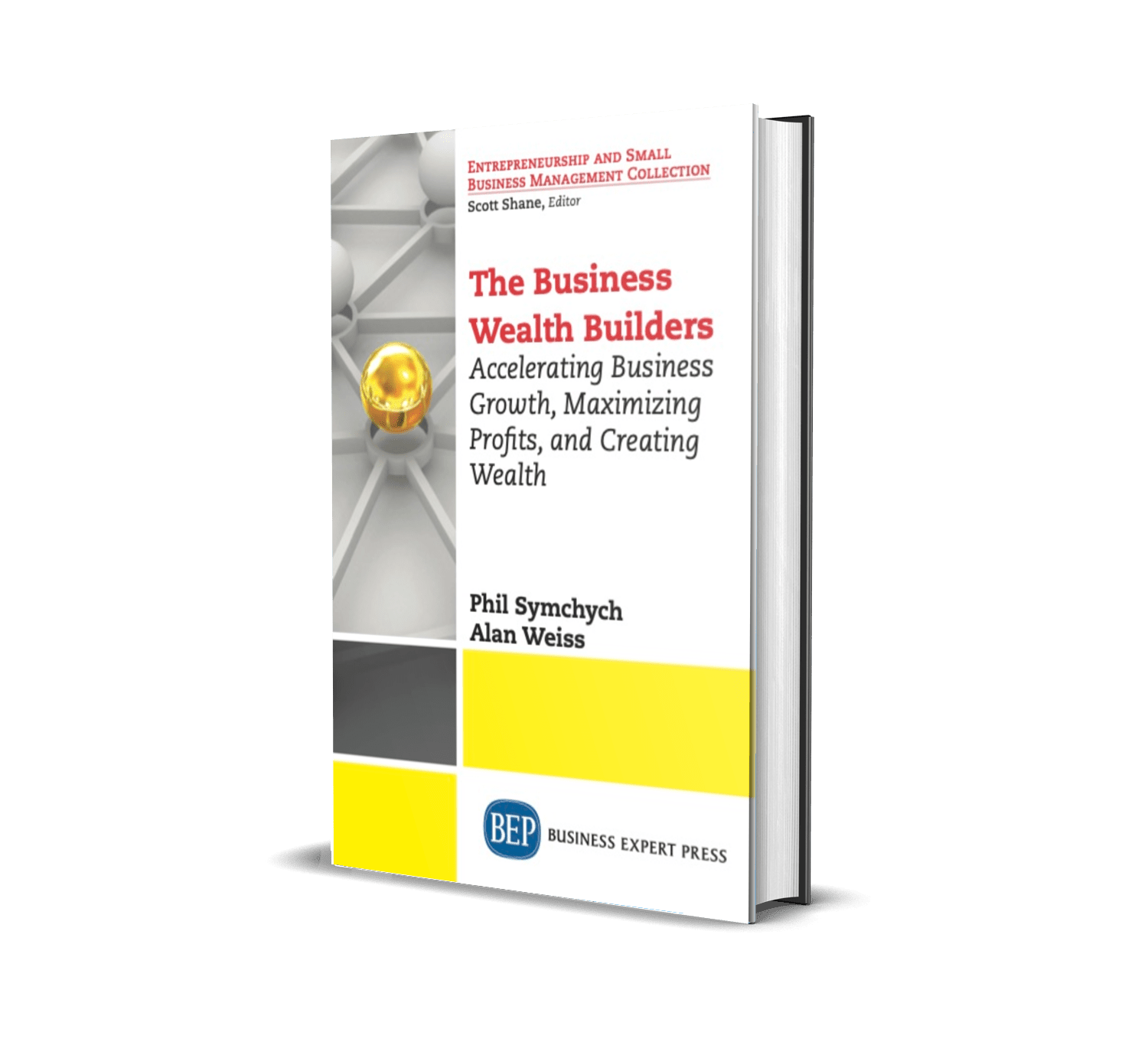One of my first real jobs was as a loans officer in one of our great Canadian banks. Early on, I asked my manager, Peter, a question.
“Phil,” he said, “come with me.” We walked over to the rows of manuals piled on top of the file cabinets. Peter pointed to the manuals and said, “Everything you need to know about banking is in these manuals,” and then he walked away.
That’s not training. It’s not mentoring. And it’s not going to build your talent wealth.
I’m not talking about employee engagement or satisfaction or other fancy names and metrics created by consultants to generate business.
I’m talking about how effectively you are using your employees’ talents in order to generate business results by taking care of your customers. Your best performers are likely in their “talent sweet spot” either by intent or accident.
To improve business performance, ask your employees these questions to ensure they’re in the right position:
- What are your hobbies and interests outside of work? I’m serious! You’ll find out if you’ve stuck a creative person in an administration role that is loaded with mind-numbing repetition and is the cause of their excessive consumption of caffeine and headache remedies.
- What parts of this job are the most fun or easiest for you? This will identify their talent sweet spot and where they are most productive and useful. “Work” should not be a slow crawl through enemy territory.
- What parts of this job generate the most satisfaction for you? This might identify that they enjoy helping other people but are stuck on their computers analyzing data instead of interacting with others.
- Are you an early bird or a night owl? Then, analyze when you’re expecting their best performance during the day. For more great information, see Dan Pink’s new book, “When” published by Riverhead Books. This is a great read and has fascinating potential for leaders.
- What other departments would you like to explore for a week or two in our company? This will increase their exposure to your operations and increase their value to you.
- If you were the president of this company, what would you change or do differently to improve the functionality of the position you’re in?
- If you had unlimited access to training and support, what would your ideal role be here? This may identify their unfulfilled dreams. Education is often a function of opportunity, and you can provide that support.
- By whom would you like to be mentored in our company? Everyone should have a mentor, including your senior people. The best performers are continual learners and always expanding their networks.
My experience with Peter was, however, motivating. I promptly returned to university after realizing that I didn’t want to work that hard for a jerk. I’d rather work hard for myself and for my great clients!
Understanding your employees’ natural talents, unfulfilled dreams, and career aspirations can help you to provide opportunities for them to grow, take on leadership positions, and improve your business performance. If you don’t do this for them, maybe someone else will.

